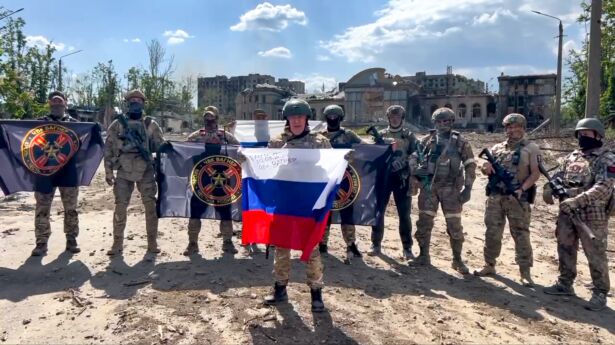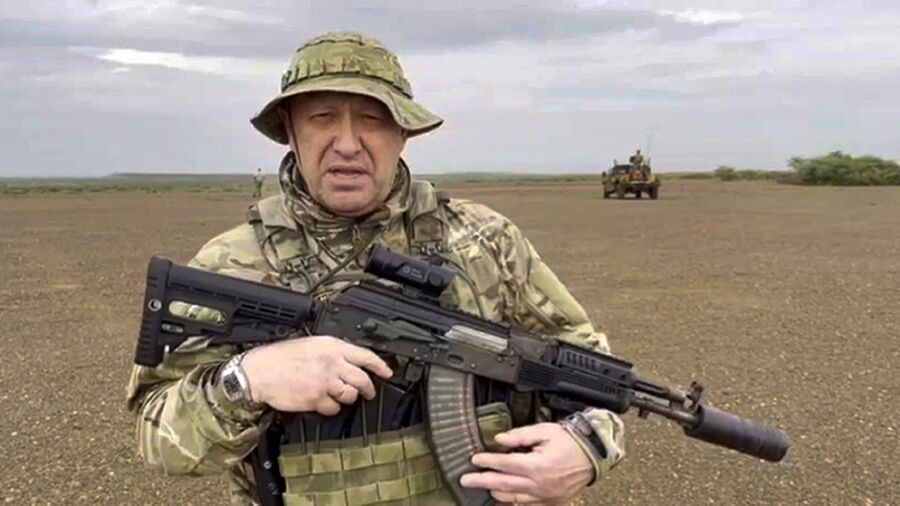Russian mercenary leader Yevgeny Prigozhin on Monday published his first recruitment video for his Wagner Group since organizing a short-lived mutiny against defense officials in Russia.
The 62-year-old mercenary leader said his team was “making Russia even greater on every continent—and Africa even more free” in a 41-second clip published on several Telegram channels affiliated with Wagner.
“We are on the job. The temperature is plus 50 (degrees Celsius). Everything is how we like it,” Mr. Prigozhin said in the video holding an assault rifle in his hands, standing in a desert plain, presumably in Africa.
“Justice and happiness for the African people,” he said. “We’re making life hell for ISIS and Al-Qaeda and other bandits.”
The mercenary leader then revealed the reason for his public address.
“We are hiring real strongmen and continuing to fulfill the tasks which were set and which we promised to carry out,” he said.
“Wagner PMC is conducting reconnaissance and search operations,” as pickup trucks and men dressed in fatigues guarded the perimeter in the video’s background.
The video’s authenticity has not yet been independently verified, nor the time and location where it was shot.
One of the Telegram channels that shared the video posted a contact number for potential recruits. Other channels linked to the Wagner group invited investors from Russia to put money into the Central African Republic through the Russian House, a cultural center in the African nation’s capital.
The Central African Republic is one of the countries where Wagner’s soldiers for hire have been active and accused of committing human rights abuses.
The Kremlin has used the Wagner Group since 2014 to expand Russia’s presence in the Middle East and Africa. The group has also fought in some of the deadliest battles in the invasion of Ukraine.

Short-lived Rebellion
Mr. Prigozhin became the focal point of the world’s media attention in June when he led a group of his mercenaries in a dramatic but short-lived rebellion brought on by his dissatisfaction with Russian military leadership’s handling of the war in Ukraine.
On June 23, 5,000 Wagner troops left Ukraine and moved towards Moscow to oust the Russian defense minister and military leadership, seizing control of the southern Russian city of Rostov-on-Don along the way.
But under a deal brokered by Belarusian President Alexander Lukashenko, Mr. Prigozhin ended his rebellion in exchange for amnesty for him and his men and permission to relocate to Belarus.
Russian President Vladimir Putin branded Mr. Prigozhin a traitor as the revolt unfolded and vowed harsh punishment, but the criminal case against the mercenary chief on rebellion charges was later dropped.
Mr. Prigozhin, a wealthy businessman with a criminal record, used to be known as “Putin’s chef” for taking care of the Kremlin’s catering.
The Associated Press contributed to this article.

